|
Penan tribal hunters in the Borneo highland rainforest. From left to right: Two Penan hunters met on the trail, Lee Sha, Me, Rajah Lee. LeechingI felt the telltale pinch of a leech on my calf and rolled up my pants to pull it off. Too late. My leg was already covered in blood thanks to an anticoagulant the parasites excrete so they can kick back and let the good times flow. A fat little bastard fell to the ground. As judge, jury, and executioner, I saw to it that justice was meted out immediately by smashing it with a nearby rock. It exploded satisfyingly like a tiny blood-filled water balloon. By now I was no longer phased by leeches. This was the fourth day of a jungle trek with members of the indigenous Penan tribe in the highlands of Malaysian Borneo and I had begun to adjust my mindset to meet my new, austere reality. Damn leeches With no real plan in place, I did some cursory research into jumping off locations to get to the primary rainforest of central Borneo. The idea was to get as far off the grid as possible and explore the pristine rainforests that still offer a biological cornucopia like nowhere else on earth. I was also hoping to rub shoulders with some of the more remote headhunter tribes whose cultures have remained largely intact, relatively unadulterated by the pervasive modernization that has diluted other rich heritages the world over. "My leg was already covered in blood thanks to an anticoagulant the parasites excrete so they can kick back and let the good times flow." From the window of the little prop plane to Bario I could see the massive palm oil plantations, with their manicured rows extending off towards the horizon. Then, without warning, the scenery changed to dramatic mountains, blanketed in stunning primary rainforest. My face was plastered against the window for the remainder of the flight. I could not wait to go exploring deep into this breathtaking jungle wilderness. Palm oil plantation, Primary Rainforest, and Bario The Kalabit and Penan TribesBario’s airport is the size of a small restaurant and feels more like an outpost than a transportation hub. I walked out of the front and realized there were no taxis in the remote village. Thanks to the good natured, local hospitality, I was given a ride in the back of a pick-up truck to “Nancy’s Guest House.” My host Ricky, set me up in a bungalow and told me that he and his wife, who lived next door, would like to host me for dinner. The tiny town didn’t have much in the way of restaurants so I gratefully accepted. A member of the well educated and more modern Kelabit tribe of the Dayak people, Ricky and his wife spoke English well and were long time residents of Bario. With several hours before dusk, I told Ricky that I was hoping to do a grueling multi-day jungle trek. “When people come here they stay at a Kelabit longhouse and get a guided day hike to some of the surrounding hills,” he explained. “I don’t know guides that do multi-day treks.” But I didn’t want to do what the other travelers do. Getting the canned “cultural experience” of staying in a traditional Dayak longhouse, a lofted building with multiple rooms, a shared kitchen, and a communal area, here in town wasn’t going to cut it. The Kelabit, a tribe that has embraced modernization, have abandoned their hunter-gatherer, headhunter past, and remain in town, relying upon farming and other sources of income. I didn’t come all the way out here for the package deal on offer from the Kelabit guides. I brought my camping gear, I’m in decent shape, and I was ready to “embrace the suck” of a truly hardcore rainforest adventure. I wanted to get into it. Really into it. "Quickly recalibrating my own handshake pressure, I shifted from “medium” to “kitten feather tickles” to match the cultural gesture." A traditional Penan loadout: Spear/blowgun, machete, poison darts The semi-nomadic, former headhunter, Penan tribe, of the Dayak people, maintain a more traditional lifestyle, augmenting their diet with wild game which they hunt with a blowpipe. Today they cultivate rice and garden vegetables but many rely on a diet of sago, jungle fruits and hunting. Game includes wild boar, barking deer, and mouse deer as well as snakes, monkeys, birds, frogs, monitor lizards, snails and even insects such as locusts. They catch their prey using a 'kelepud' or blowpipe, made from the Belian Tree and carved out with unbelievable accuracy using a bone drill – the wood is not split, so the bore has to be extremely precise. The darts are made from the sago palm and tipped with the poisonous latex of the Tajem tree which can kill a human in a matter of minutes. For a short National Geographic documentary on making Dayak blowpipes: https://www.youtube.com/watch?v=pJBpkz29-DQ&authuser=0 For an extensive, scholarly explanation of the poison used for the darts: http://nomadicpixel.com/wp-content/uploads/2015/08/Blowpipe-Dart-Poison-in-Borneo.pdf Getting in with the TribeAfter reiterating what I was looking for, Ricky laughed and said, “The Penan still go hunting in the rainforest for sometimes a week at a time but they don’t speak English or have guides.” Now we were getting somewhere. “Do you know any Penan people we could talk to about me joining a few hunters heading out?” I asked, unable to contain my excitement at the prospect. Realizing that I wasn’t going to give up he relented, “We can go talk to the Penan tribal leader here in Bario if you’d like.” The Penan tribal leader was a man in his early 50s with stretched earlobes, slender but muscular arms, and a hard face that looked like it had been carved out of wood. A stoic face like his would be the last thing an enemy would see as the fatal poison of a blowgun dart coursed through their veins. Heads were previously taken by the Dayak not only show bravery in battle but also for their spiritual elements. The practice was so ingrained in the culture that young men would have to present a head in order to marry. Although headhunting in Borneo officially ended a century ago, the traditional headhunting warrior culture has not disappeared. The same blowpipes and machetes used for hunting deer and boar have been turned on people. In February 2001, Dayak tribesmen armed with spears, machetes and blowpipes roamed a market town in central Borneo killing over 200 migrants, resented for taking jobs and land. The heads of many of the dead were taken as trophies by the tribesman, whose head-hunting tradition extends back centuries. A local hospital doctor confirmed that the victims had been hacked with traditional Borneo machete called mandau or shot with poisoned darts from blowguns. (The Telegraph, 2001) Built like an aging crossfitter, a real hunter-gatherer, I expected a correspondingly powerful handshake from the Penan tribal leader across from me. But when I reached for his hand, I was given a humorously gentle grip, his fingers not even closing all the way around my hand. Quickly recalibrating my own handshake pressure, I shifted from “medium” to “kitten feather tickles” to match the cultural gesture. "Worst case scenario I get my head cut off and put up above a Dayak longhouse fireplace mantle." Base camp Bario As fate would have it, the man’s two sons were preparing to go out for a week long hunt the following morning. With Ricky translating, we were able to convince him that I would be able to make the journey. He was initially concerned and explained that the terrain was very difficult, they would be camping in the jungle for multiple days, and asked if I done this sort of thing before. After some emphatic reassurances, he gave his blessing and introduced me to his two 20 something sons, Lee Sha and Rajah Lee. They both had wirey, muscular builds, like their father. We lightly shook hands and smiled at each other in silence. Ricky looked at me, still a bit uncertain, and said, “I’ve negotiated 100RM ($25) per day and you leave from here at 8:30am tomorrow. Is that ok?” “Perfect!” I said grinning like a kid on Christmas. Holy shit. That went way better than I could have hoped. Unsure what to expect, I bought a week’s worth of canned goods and instant noodles. During dinner with Ricky and his wife Jen, conversation revolved around the next day’s trek. “You’re crazy. I’ve lived here my whole life and I’ve never done anything like this,” Ricky said, shoveling a bite of rice and chicken into his mouth. “They don’t speak any English. How are you guys going to communicate?” I smiled, “We can talk with our hands and make it work.” He shrugged, “Well, I look forward to hearing about it when you get back. I’ll drive you over at 8am.” Since I was the only guest, Ricky agreed to allow me to leave the things I didn’t bring with me in the room without paying for additional nights. Before bed, I packed my camping gear and food for the next six days. My bare bones gear load-out for the jungle trek Heading into the HinterlandsIn the morning, we met at the brother’s Penan longhouse at the edge of town as they finished packing their hand-woven backpacks. Both had the headhunter warrior physic and were armed with the full Penan loadout, machetes, spear, blowgun, and poison darts. The three of us were disappearing into the jungle for a week. Since I had abruptly lost all connectivity, I hadn’t told anyone my plan beyond going to Bario. Yet, here I was, about to accompany two complete strangers into the wilderness, members of a clan whose tribesman had ritualistically taken the heads of their murder victims when I was still in high school. Seems like a solid plan. Worst case scenario I get my head cut off and put up above a Dayak longhouse fireplace mantle. The Penan hunter's house In preparation for the village we would be visiting, I had bought some pencils and little notebooks for the children. As we waited to head out, I drew a picture in one of the notebooks and gave it, along with a pencil, to the family’s 6 year old daughter. It was a big hit. She returned the gesture, giving me a yellow headband to wear as we gently shook everyone’s hands. I promptly put it on, smiled, and tightened my backpack’s waist strap, striding behind Lee Sha into the jungle. For the full Borneo experience subscribe to my youtube channel: https://youtu.be/SAroP_9azY0
For daily videos follow me on instagram at: restlessben For the RSS feed use the link below:
2 Comments
1/4/2020 09:45:04 pm
Borneo was a memorable place for you, I am sure! I am surprised to see that men of Borneo look good. It was totally different from a city life you usually live, that's why Borneo is a place that gave you different realizations in life. If that is the case, it makes me happy to know that you have gained something from Borneo. If you want trekking and an experience of a simple life in the mountain, I am sure that going there is something you are looking for! I am sure it has a lot of stuff to offer for you!
Reply
1/24/2024 04:51:00 am
Oh man, you gotta check out Chick-fil-A! It's hands down the best restaurant in the US. Samuel Truett Cathy really knew what he was doing when he founded this place. And get this, they have a survey where you can give them feedback. Just go to https://www.mycfavisit.blog/survey/ and fill it out. And guess what? You could win a free sandwich! But remember, this offer is only for US residents and loyal Chick-fil-A customers. Don't miss out!
Reply
Leave a Reply. |
AuthorBen quit his job to travel the world. He intends to keep winging it as long as he can. Archives
April 2020
Categories |
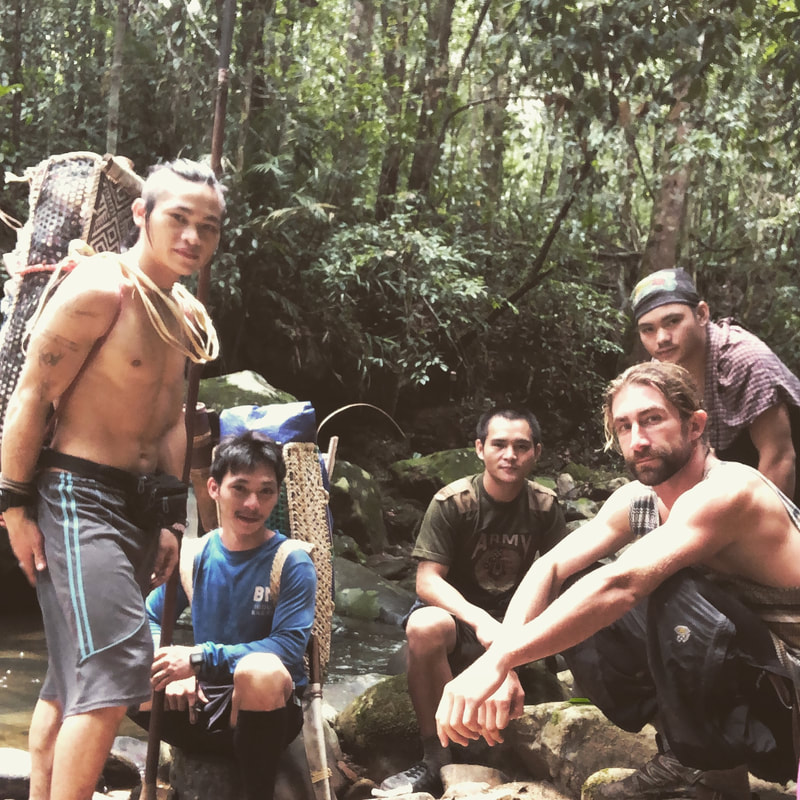
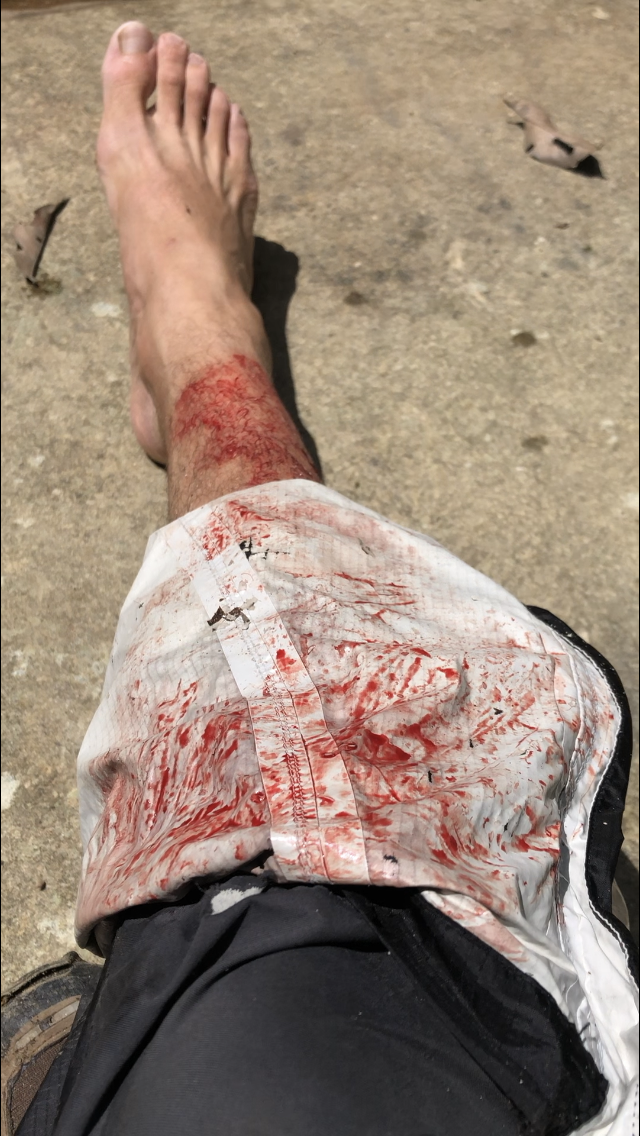
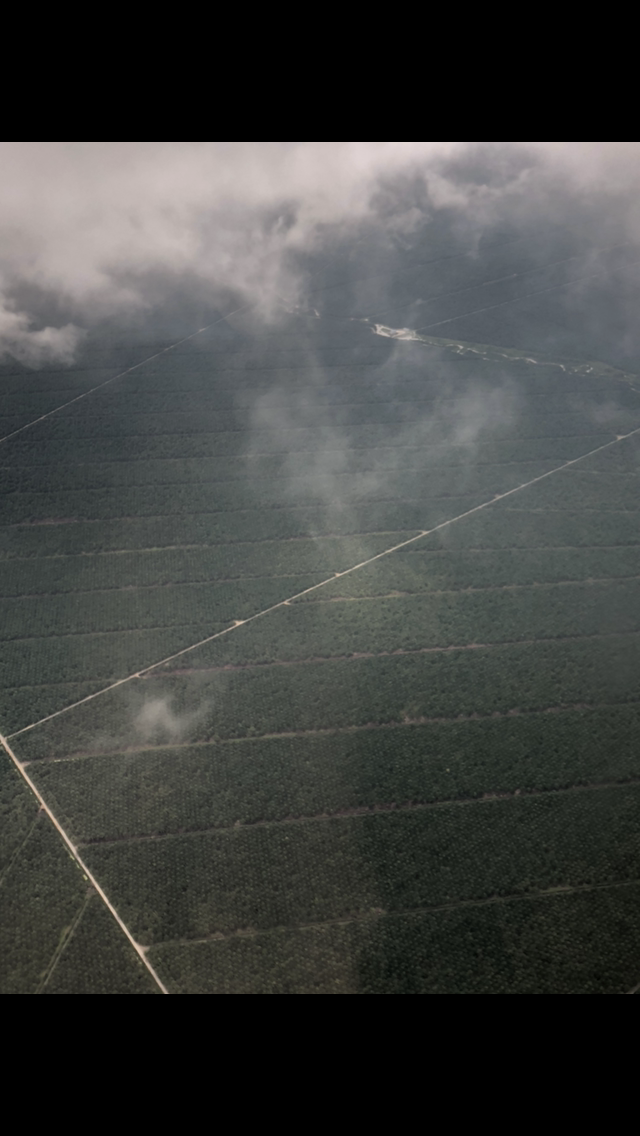
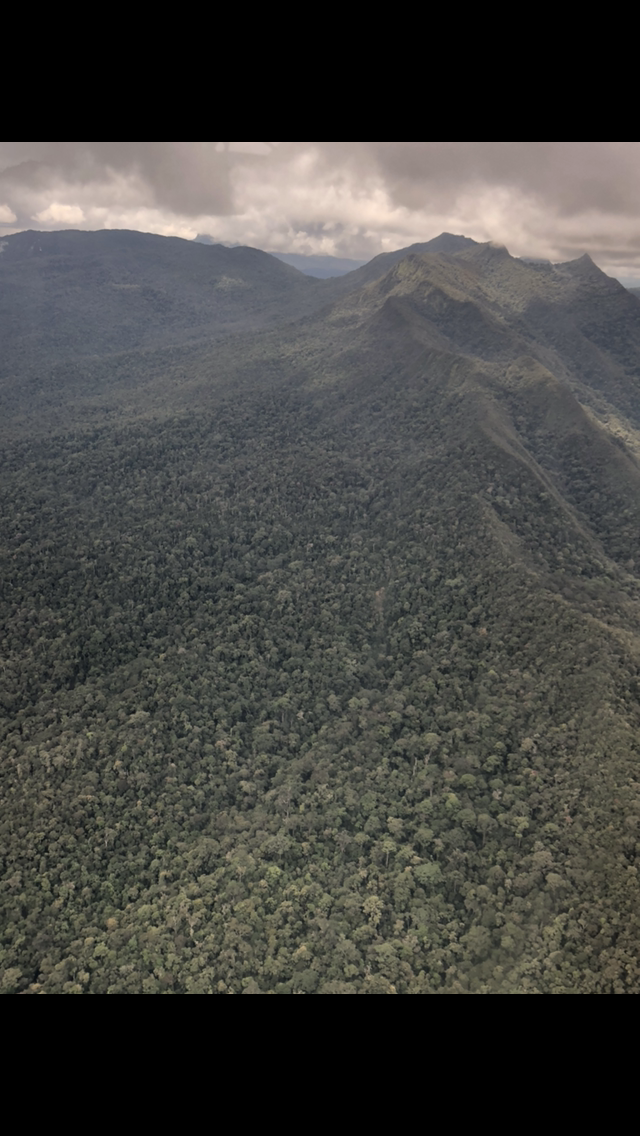
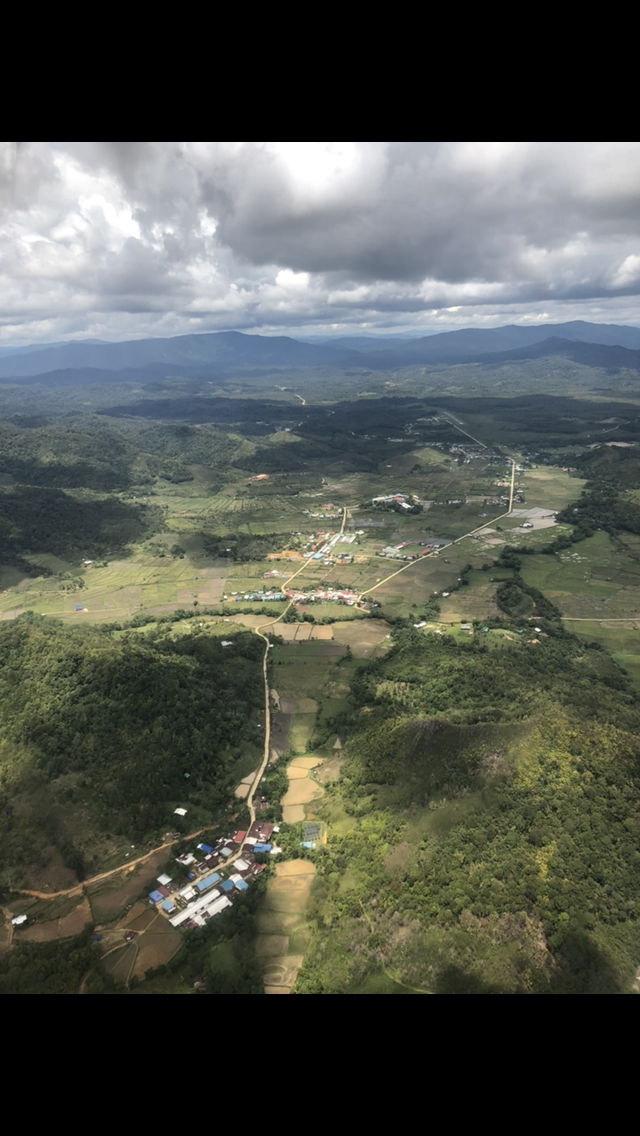
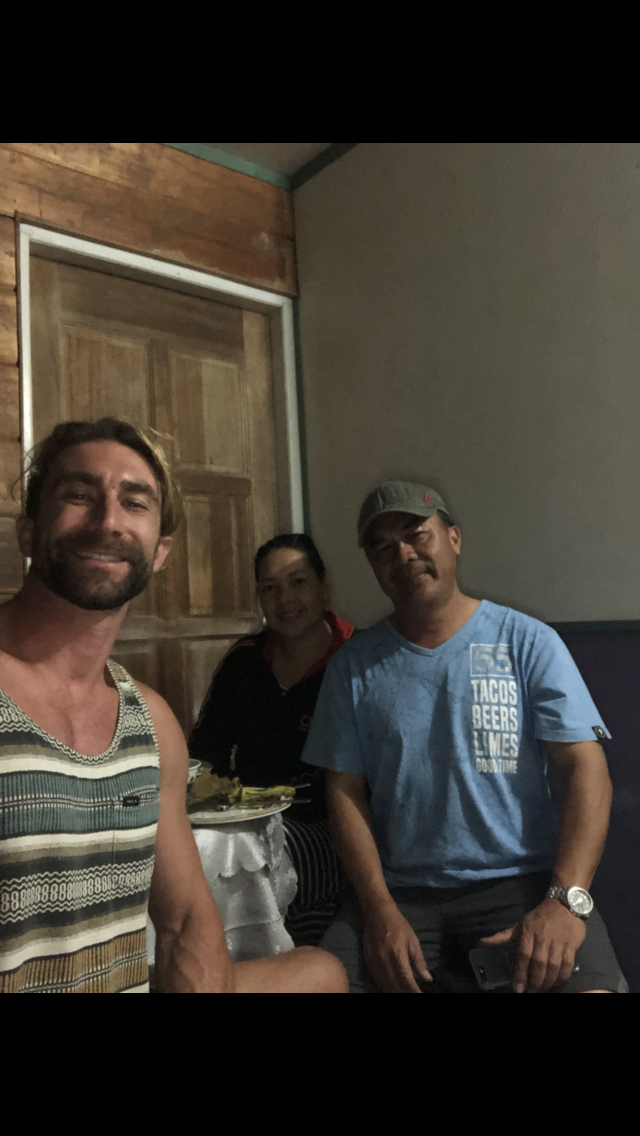
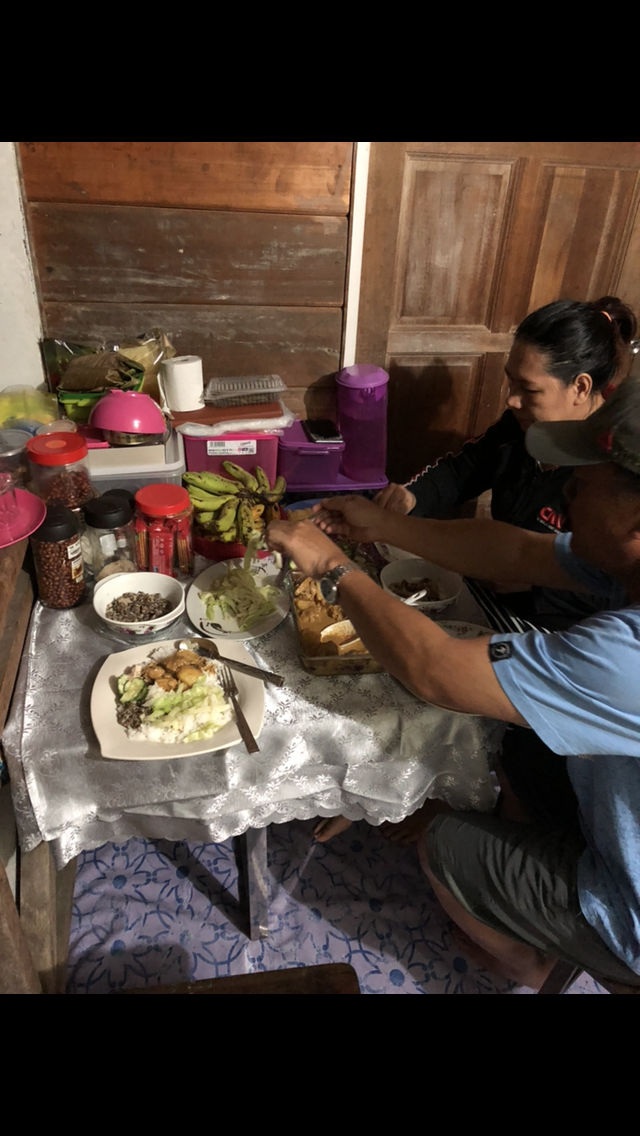
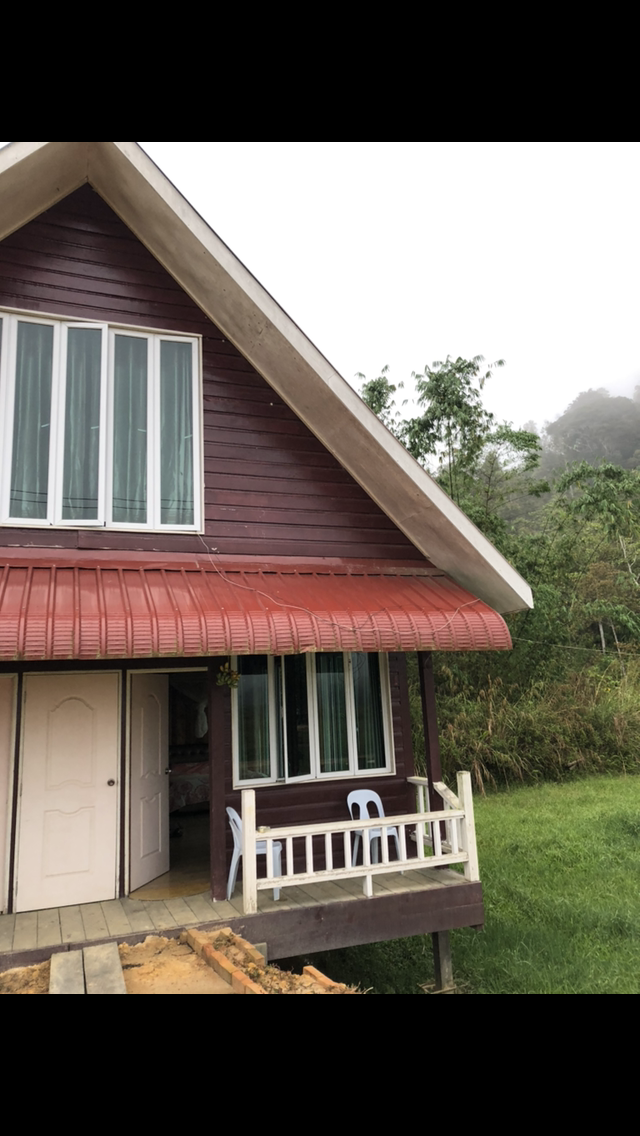
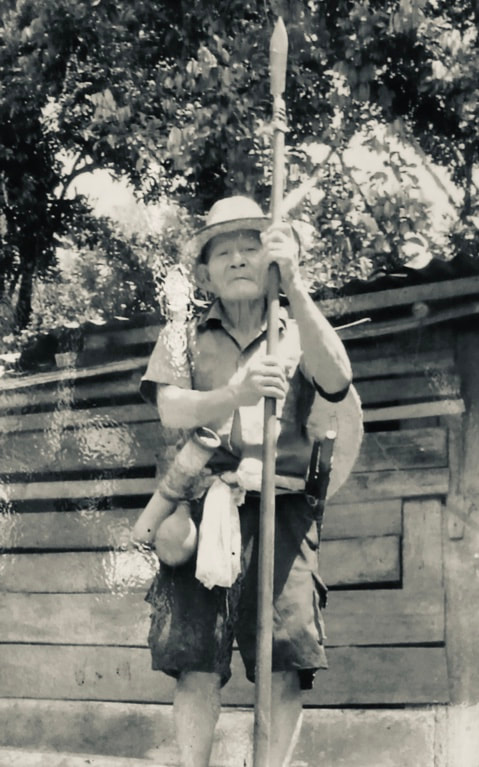
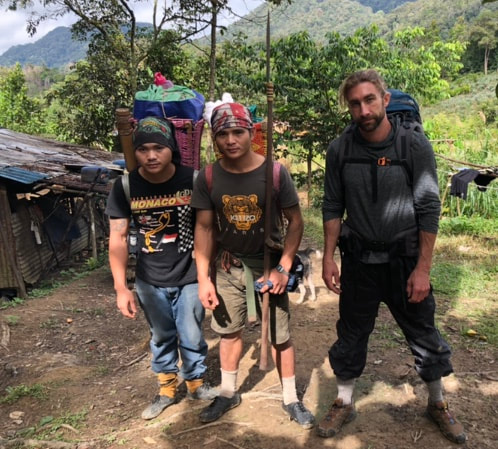
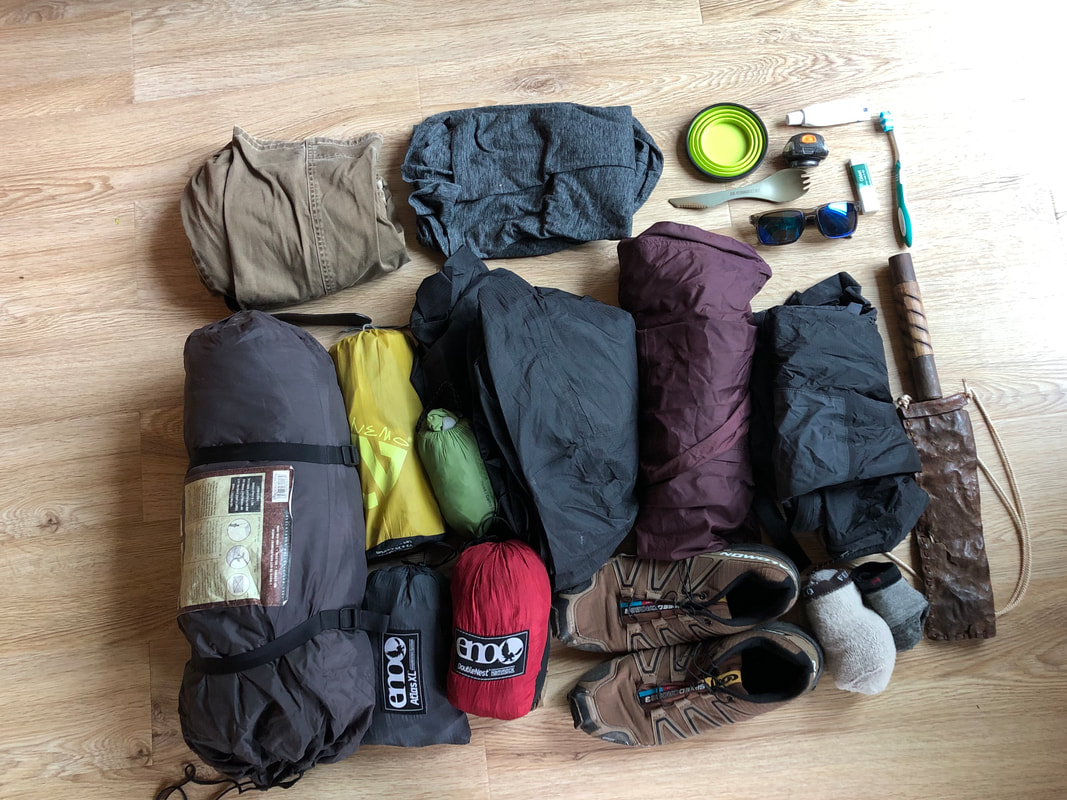
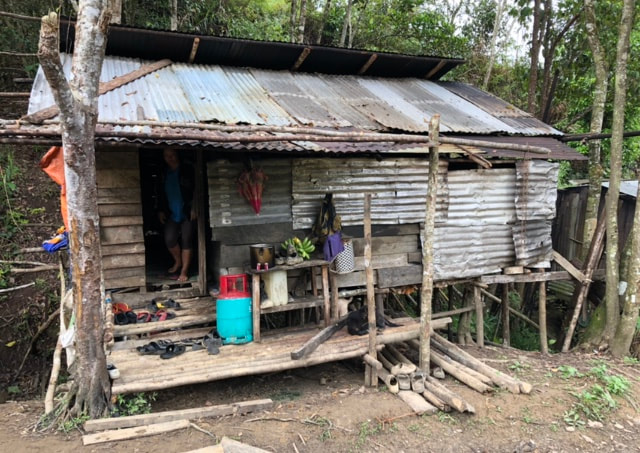
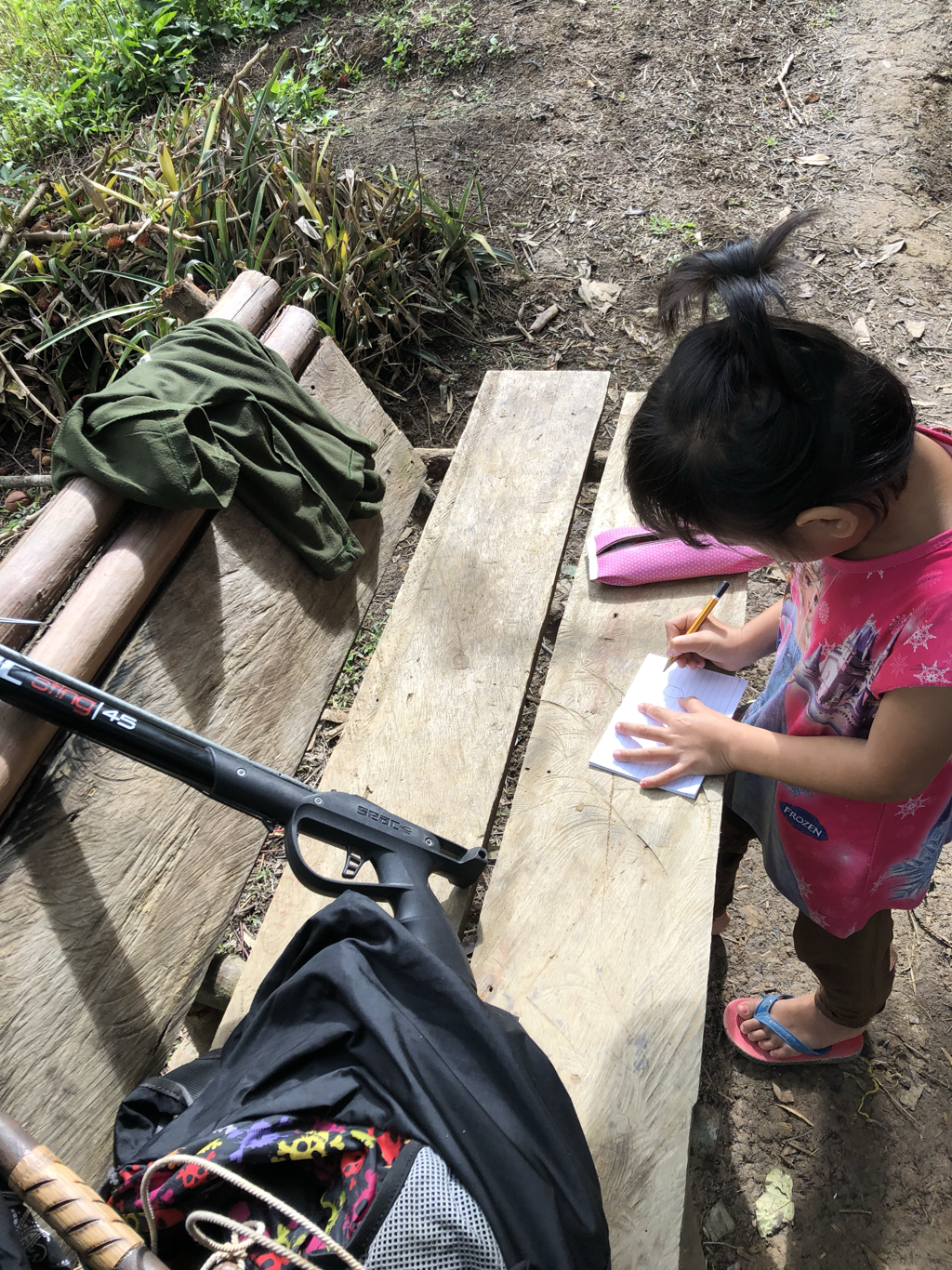
 RSS Feed
RSS Feed 